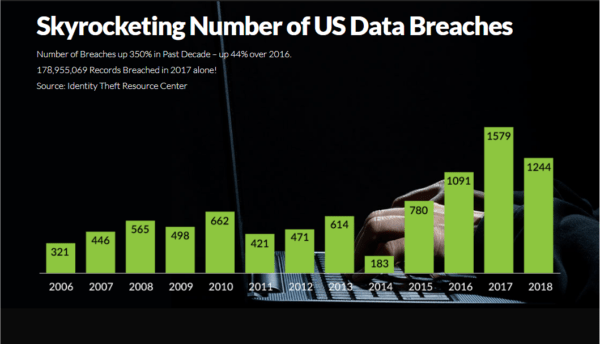Millennials: Rethink Credit vs. Debit
There is a generational divide when it comes to shopping: A CreditCards.com survey indicates that boomers and millennials both choose plastic, but for the older cohort the word is “credit,” and for the younger it is “debit.” Do millennials need to rethink credit vs. debit?
Both systems work well but boomers might point out to their juniors that using debit to the exclusion of credit has its handicaps. Millennials prefer debit over credit by a ratio of nearly 3 to 1, according to the survey, even though debit cards offer fewer protections and rewards and don’t help young people build credit.
Matt Schulz, senior industry analyst at CreditCards.com, suggests that psychology may be a factor in the decision; consumers may be trying to limit spending to the money they have by using a debit card, which pulls money directly from a checking account. But if a scammer gets hold of a debit card, the consumer could be liable for unauthorized charges of $500 or more. Credit card holders are only responsible for up to $50, and can report a bogus purchase as fraud.
“If your debit card information gets stolen, somebody can take real money out of your account that you won’t be able to use to make a car payment or pay a doctor’s bill,” Schulz says. “That money may be gone for a week or two.”
Credit Union National Association Center for Personal Finance editors point out that, by choosing “debit” and entering a personal identification number, your transaction is treated as an ATM transaction. The editors advise, “Instead, when you’re making retail purchases with your debit/ATM card, choose “credit.” You’ll bypass any potential fees—and the funds still come out of your share draft/checking account.” Another good reason: Credit transactions require a signature, which helps guard against fraud.
If you have questions about our credit or debit cards, give us a call at (541) 382-1795 or visit our website at www.midoregon.com.





